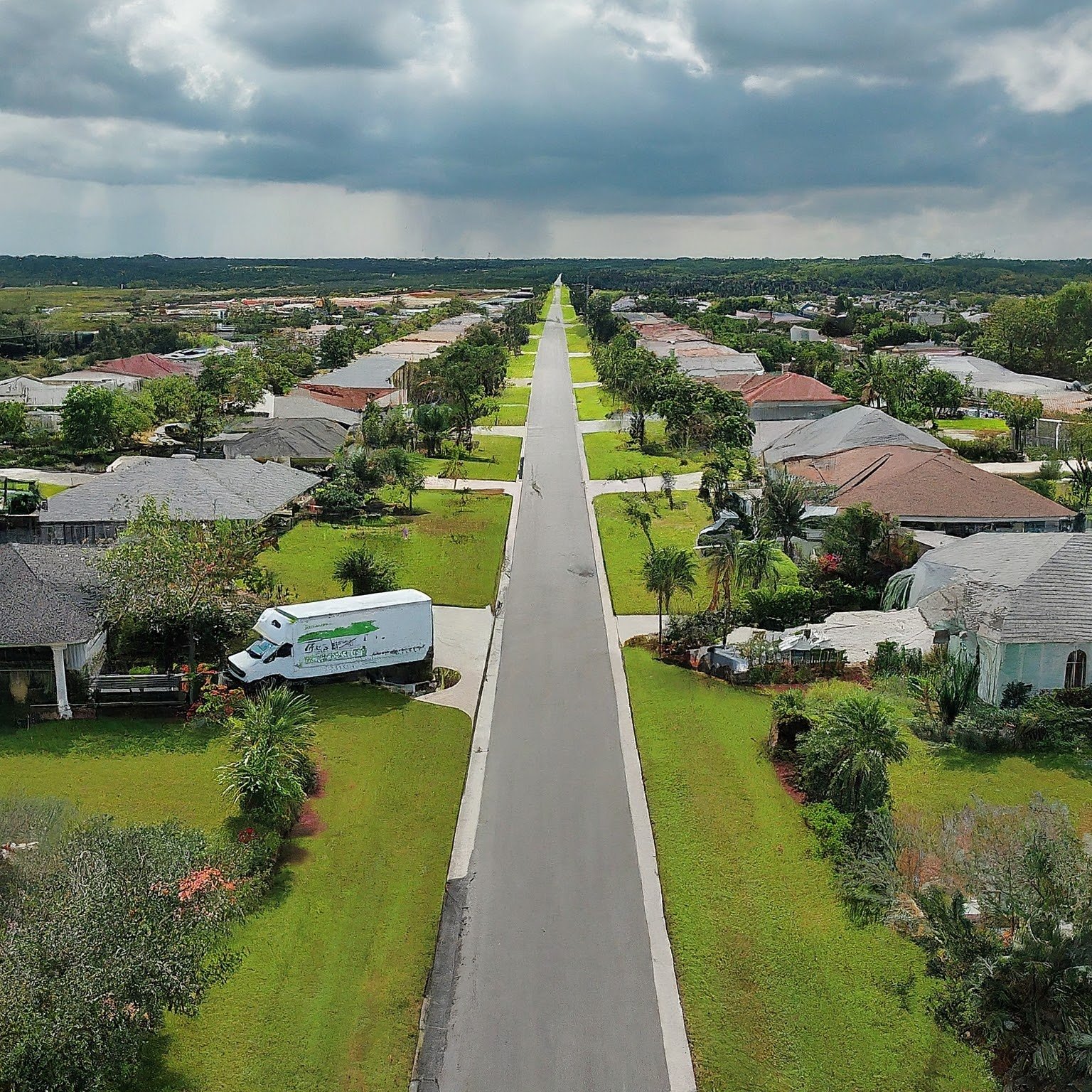Florida’s House Bill 1203 (2024), which goes into effect on July 1, 2024, significantly impacts a slew of HOA laws. Despite its broad impact, in this post I’m going to focus on one particular aspect of the new legislation, which amends Florida Statutes § 720.3075 to address restrictions on homeowners parking work vehicles on their properties.
This new law prohibits HOAs from restricting homeowners from parking work vehicles in their driveways and otherwise lawful parking spaces, a departure from the previous ability of HOAs to manage parking in these areas. While the stated aim of promoting work vehicle accessibility is commendable, the anticipated application of the law raises constitutionality concerns. Combined with the questionable practical benefits of the new law, a closer examination of the law and its potential consequences is warranted.
The change to Florida Statutes will read:
720.3075 Prohibited clauses in association documents.
(3) Homeowners’ association documents, including declarations of covenants, articles of incorporation, or bylaws, may not preclude:
(a) […]
(b) A property owner or a tenant, a guest, or an invitee of the property owner from parking his or her personal vehicle, including a pickup truck, in the property owner’s driveway, or in any other area at which the property owner or the property owner’s tenant, guest, or invitee has a right to park as governed by state, county, and municipal regulations. The homeowners’ association documents, including declarations of covenants, articles of incorporation, or bylaws, may not prohibit, regardless of any official insignia or visible designation, a property owner or a tenant, a guest, or an invitee of the property owner from parking his or her work vehicle, which is not a commercial motor vehicle as defined in s. 320.01(25), in the property owner’s driveway.
(c) A property owner from inviting, hiring, or allowing entry to a contractor or worker on the owner’s parcel solely because the contractor or worker is not on a preferred vendor list of the association. Additionally, homeowners’ association documents may not preclude a property owner from inviting, hiring, or allowing entry to a contractor or worker on his or her parcel solely because the contractor or worker does not have a professional or an occupational license. The association may not require a contractor or worker to present or prove possession of a professional or an occupational license to be allowed entry onto a property owner’s parcel.
A Collision Course with the Contracts Clause
The crux of the issue lies in the potential conflict with the Contracts Clause of both the United States Constitution (Art. I, § 10) and the Florida Constitution (Art. X, § 10). These clauses exist to safeguard the sanctity of agreements and to prevent states from retroactively altering contractual obligations. I’ve linked to an article that was published in The Florida Bar News in 2015 that goes through an analysis on how the Contracts Clause interplays with HOA declarations. But, essentially, HOA declarations, meticulously outlining community regulations, constitute binding contracts between homeowners and the association. Decades of established precedent, where homeowners purchased properties with the clear expectation of parking limitations, are now potentially upended.
Unwinding Reasonable Expectations
Imagine a homeowner purchasing a residence in a serene community with an HOA declaration explicitly prohibiting commercial vehicles in driveways. This expectation of a particular aesthetic and functional environment was a key factor in their decision. The new law, if applied retroactively, throws this carefully crafted environment into disarray. Homeowners are left with the prospect of their driveways being usurped by work trucks, fundamentally altering the character of the community they invested in.
The “Kaufman Language” Caveat
While I do not believe that retroactive application is constitutional,it is important to note a potential exception. HOA declarations that incorporate “Kaufman Language.” What is Kaufman Language? If the HOA’s declaration states that they are governed by the “Homeowners’ Association Act, as amended from time-to-time” then this drafting language signals an implicit agreement to future statutory modifications. In such cases, the new law would likely apply, retroactively, because of how the Declarations were drafted. However, if the Association’s Declarations do not contain appropriate Kaufman language, then an argument can be made that retroactive application of this new law against HOAs with pre-existing prohibitions against the parking of work vehicles could be unconstitutional and void.
The Path Forward: Protecting Existing Contracts and Finding Practical Solutions
Florida’s HOA parking law exemplifies the perils of poorly considered legislation. The sanctity of contracts and the stability of established communities must be paramount. A more prudent approach would have focused on crafting solutions for newly formed communities, allowing them to tailor parking regulations to their specific needs.
For existing HOAs, the focus should be on ensuring homeowners’ reasonable expectations arising under the restrictions are protected. This blog post is intended to raise awareness of the issue, but is not intended to be legal advice. All HOAs should seek legal guidance specific to them and their declarations.
What does the future hold? Likely legal challenges and possibly some legislative amendments that grandfather existing declarations. Ultimately, a balanced approach that respects contractual obligations while fostering innovation in future communities is the ideal outcome.
Additional reading:


